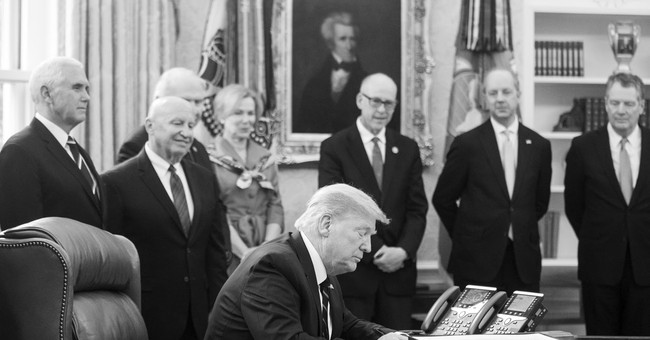
A review of the records released on July 6, 2020 by the US Treasury and Small Business Administration (SBA) shows the firearms manufacturing industry a mere 8,727 jobs via the massive Payroll Protection Program (PPP) overseen by the SBA as part of the CARES Act meant to assist the US economy through the COVID-19 crisis in the first half of 2020.
The SBA released information on 661,218 recipients of PPP loans that were valued greater than $150,000. This group represents the largest loans out of over 4.9 million loans made by the program.
Out of this total, only 151 of these loans were made to the firearms and outdoor industries. Specifically, 7,230 jobs were retained via 123 loans in the firearms manufacturing sector and 1,497jobs via 28 loans were saved in the outdoor hunting services sector.
These numbers are dwarfed by the broader program encompassing these large loans that, per the SBA’s records, is estimated to have helped keep 31,456,513 workers on business payrolls during the first half of the year, detailed more in this article “PPP Loan Data Shows Where CARES Act Aid Went; and Where It Might Be Lost”.
Caught in a Crossfire
It seems that America’s firearms industry remained caught in a nightmare even as its services have become more essential. COVID-19, nationwide protests, and threats to defund law enforcement have raised America’s concern for personal safety. People responded with yet another wave of purchasing firearms, ammunition, and accessories to hedge against uncertain times. But did retailers and manufacturers continue to face challenges when it came to financing the businesses?
In January 2020, I penned an article about “Banking vs. the Second Amendment” documenting that despite federal banking regulators declaring in 2015 that “Operation Chokepoint” was a misguided policy and that banks were ordered to discontinue any discriminatory practices, by 2019 a private industry version had evolved in the industry by a “cancel culture” movement in the banking industry’s boardrooms that once again sought to deny banking services to firearms companies.
As the annual SHOT Show convened in Las Vegas, Nevada last January, companies worried that arbitrary tests such as refusing to do business with companies that sold firearms to persons under 21 years of age, something for which there was no law, were being imposed by bankers under pressure from anti-gun activists using elite social connections to bypass bank regulatory agencies, Congress, the White House, and the Courts to impose material restraints of trade on firearms companies, lest they lose basic banking and merchant services. The consensus was that this issue was going to be one of the big political fights of the year. And then COVID-19 hit.
For the entire American economy, things became a scramble to stay in business. Most firearms businesses are small operations that can ill afford to shut down for long. As the initial promise of a two week “stay at home” pause to contain the spread of a runaway virus evolved to what would become a nearly one half year of struggle for the American economy, US firearms companies dug deep into their rainy day contingency plans.
The government quickly recognized that to keep the economy from collapsing, it needed to bridge individuals and businesses through a tight economic gap. The US passed the CARES Act in to law. Relief checks were sent to Americans by the IRS. Protections to defer for credit, rent and mortgage payments were created. And the Paycheck Protection Program (PPP) was established to help small businesses bride their loss of revenue.
Here is the rub. To take out a PPP loan from a lender, it typically first takes having a merchant account relationship with that banker. The question is, “How many firearms firms were denied access to the CARES Act by bankers who refused to open enabling commercial banking accounts because, despite a regulatory order against practicing “Operation Chokepoint” like discrimination in place since 2015, practiced internal politically motivated policies?” I asked this question in “Can the Gun Industry Access COVID-19 Relief SBA Loans?” published by NRA First Freedom on April 9, 2020. I wasn’t the only one interested in the answer.
On April 28, 2020, the Members of Senate led by Senator Kevin Cramer (R-SD) issued a letter questioning whether or not regulatory agencies had proper control over the financial institutions suspected of continuing to practice “Chokepoint” policies. Cramer also introduced a Senate bill for a Freedom Financing Act on March 19th of this year; a sign that the worries of industry activism from 2019 had not gone away during the pandemic.
The question is also on the mind of U.S. Rep. Richard Hudson (R-NC), who on May 26, 2020 issued an inquiry letter to the U.S. Treasury Department, Federal Reserve and Small Business Administration worrying that some banks could weaponize market dominance to discriminate against firearm and ammunition businesses, as well as other politically disfavored industries. Hudson is not alone. Ninety-eight other Members of Congress have signed the letter, an updated revision of the inquiry is scheduled to be released by the end of June 2020.
The deadline to apply for a CARES Act PPP loan was June 30, 2020. As the fog lifts, we are beginning to see the limited assistance that actually arrived for the firearms industry. The inquiry letters of the congressional contingents led by Senator Cramer and Congressman Hudson probably deserve an answer.
Should the White House Inquire As Well?
Cutting away outdated red tape is certainly one of the things that the administration of U.S. President Donald J. Trump has been championing since coming to office. That certainly remains true today not just in the way the CARES Act was expedited but in other areas as well. The White House is actively looking at easing the red tape burdens of America’s agriculture as noted in “Farmers Are Drowning in Bureaucratic Red Tape, Costing You Money, but Trump Is Coming to Their Rescue”. Perhaps this other essential industry that bulwarks the U.S. Constitution’s Bill of Rights deserves some tidying up as well.
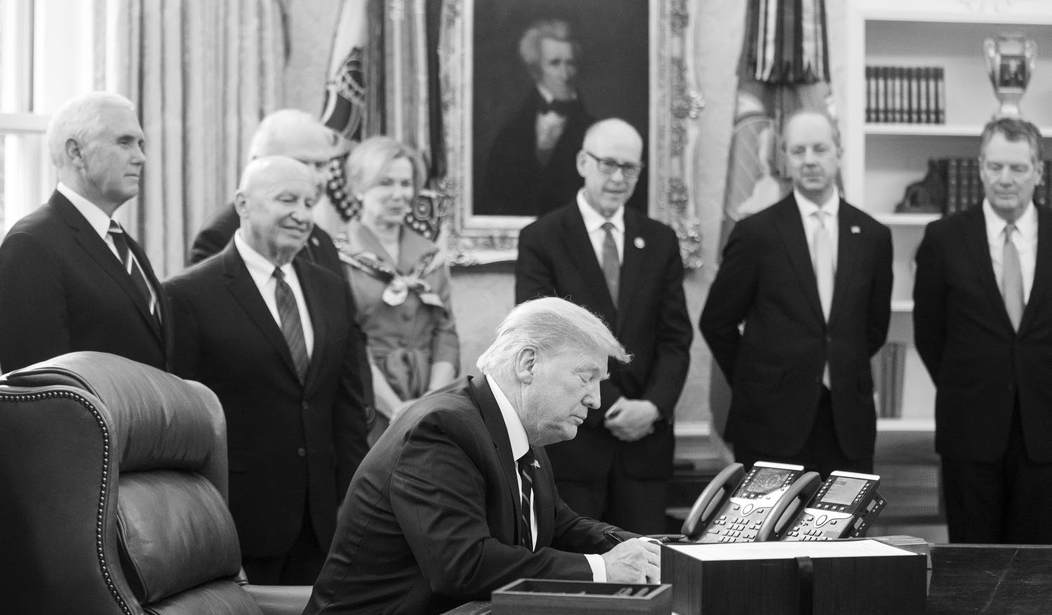
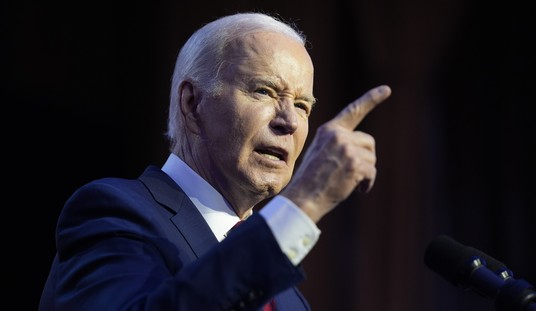

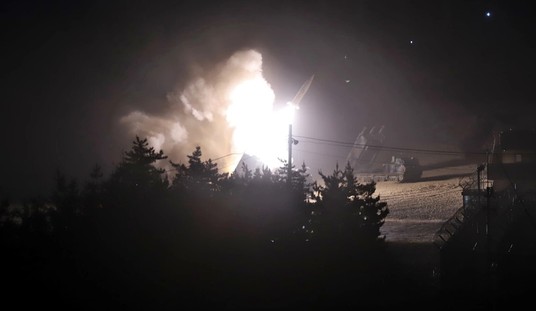
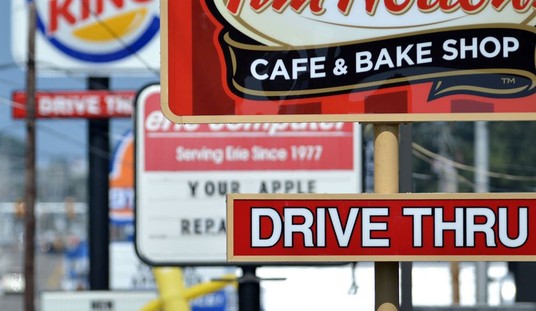
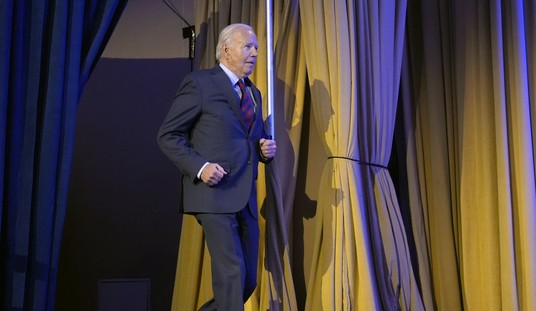

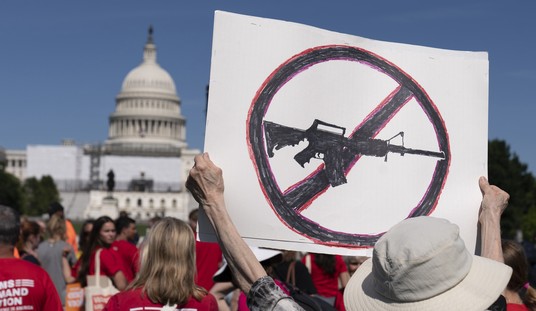
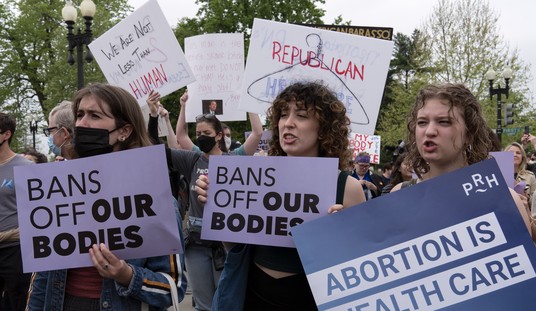
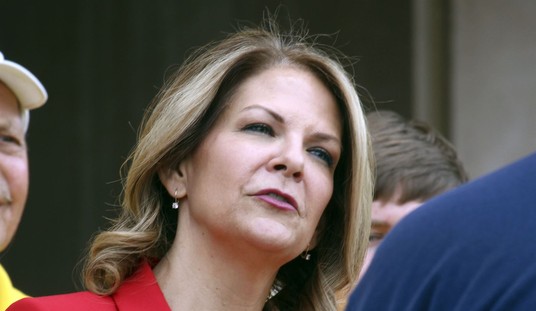




Join the conversation as a VIP Member